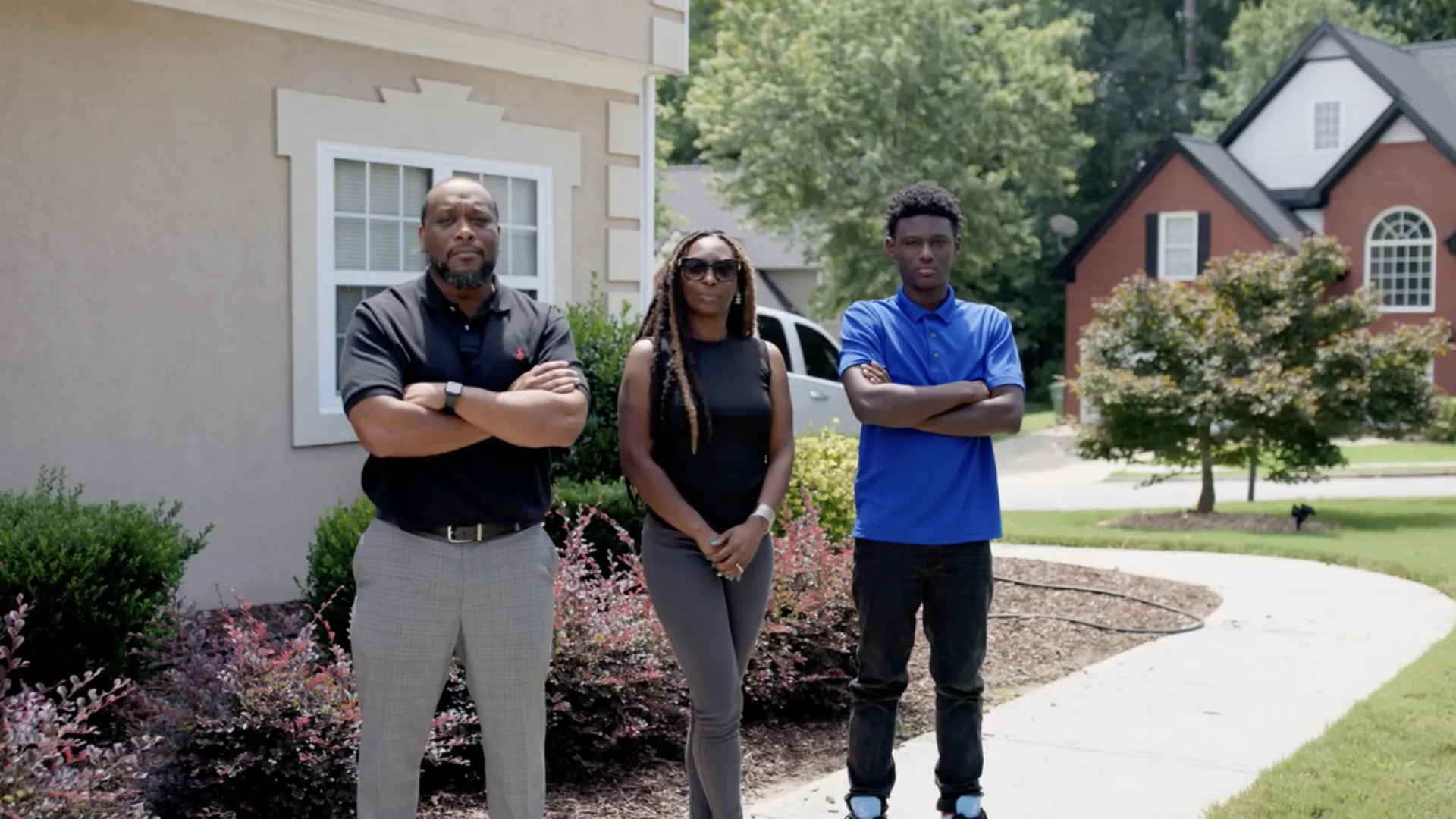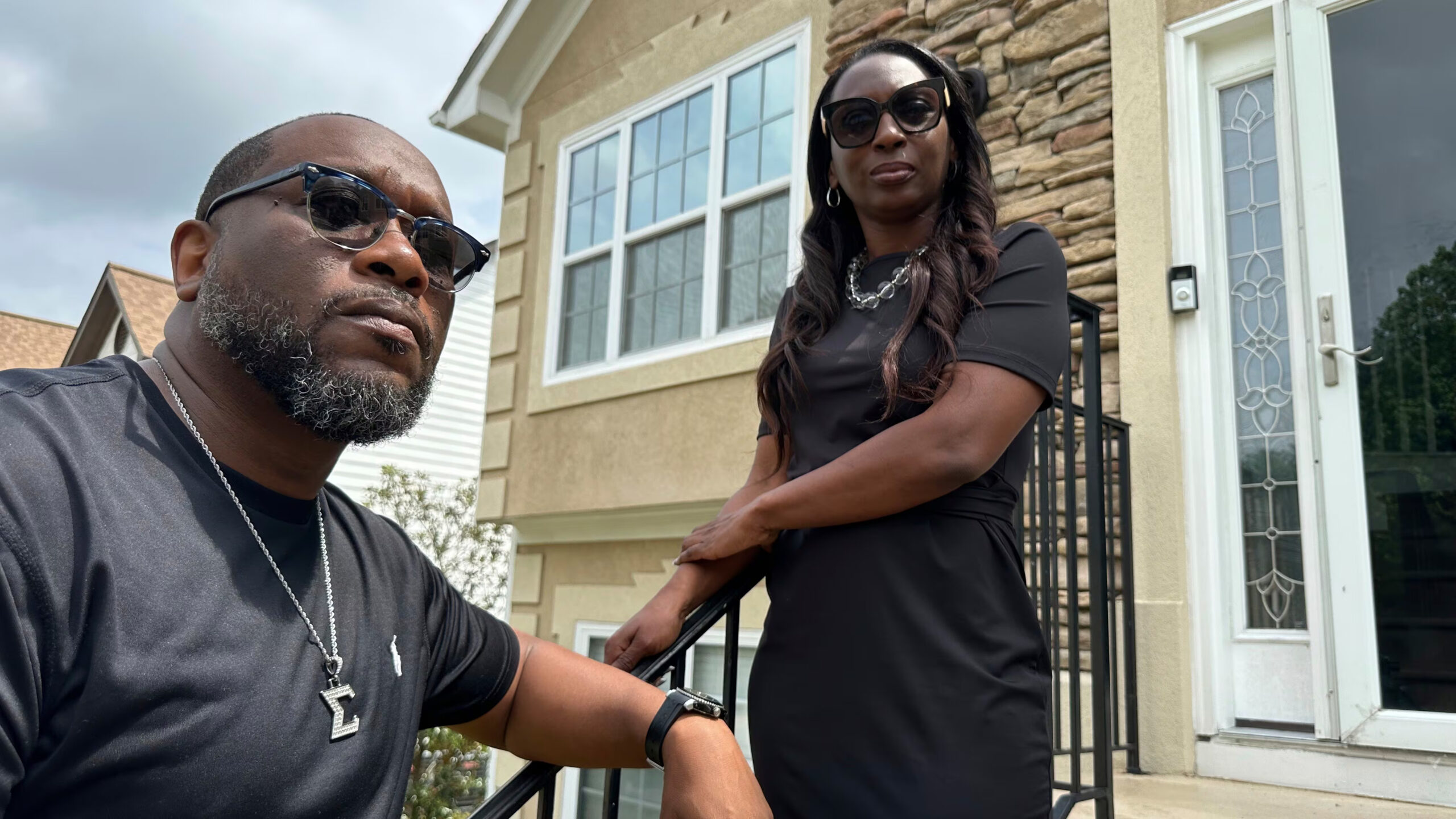The Supreme Court on Tuesday heard arguments in a lawsuit stemming from a mistaken FBI raid in Atlanta that left a family traumatized after agents stormed the wrong home in 2017.
Toi Cliatt, Trina Martin, and her then-7-year-old son Gabe Watson were jolted awake in the early morning hours by flash-bang grenades and shouting. The FBI, armed and expecting to arrest a suspect, had the wrong address.
“I thought if I grabbed my shotgun, we’d all be dead,” Cliatt recalled. “So I froze.”
The agents, realizing their error, left within minutes. But the emotional damage was lasting. “I was robbed of the feeling that your home is a safe place,” Martin said.
Gabe, now 14, says the memory of agents with guns in his room “still sticks” with him.
The raid was part of a botched FBI operation targeting a man named Joseph Riley, who lived nearby and was later arrested and convicted.
The error, according to government lawyers, stemmed from a misreading of a GPS device used by Special Agent Lawrence Guerra, who had previously surveyed the correct house but mistook the home during the operation.

READ ALSO: Man Airlifted from Mount Fuji Returns Four Days Later to Retrieve His Phone, Gets Rescued Again
The lawsuit, filed under the Federal Tort Claims Act (FTCA), accuses the government of assault, battery, and false imprisonment.
Lower courts ruled in favour of the government, citing the “discretionary function exception,” which shields federal agents from lawsuits when making judgment calls during official duties.
Government attorneys argue that Guerra used his discretion in locating the house and cannot be sued. But the plaintiffs say this reading guts the FTCA’s accountability purpose and allows unjustified raids to go unpunished.
“Our clients did nothing wrong,” said attorney Patrick Jaicomo from the Institute for Justice. “They were terrorized in their own home, and the government says no one can be held accountable.”
The justices now face a critical question: Can federal officers be sued for traumatic errors when no laws explicitly prevent them?















